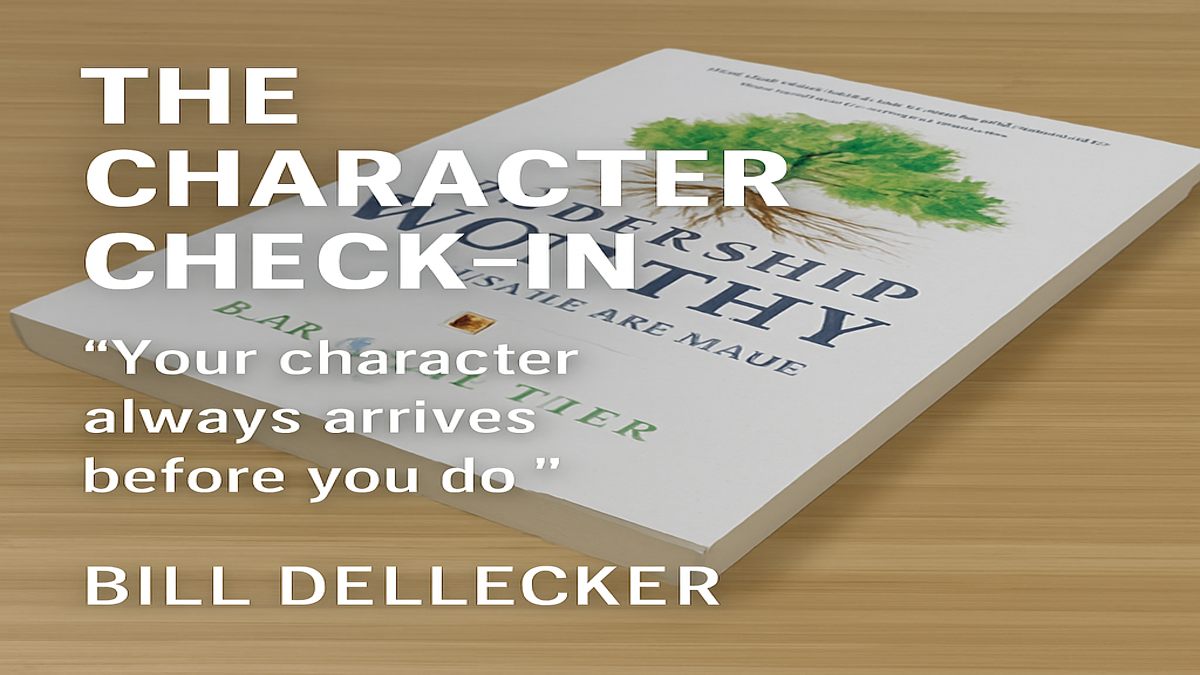It’s In The Contract
Business today is full of contracts, lengthy written ones, for essentially every transaction encountered. There are construction contracts, maintenance contracts, service contracts, license agreements, employment contracts, software development agreements, lease agreements, purchase agreements, finance agreements, and so on, to infinity…
While the original purpose of such contracts may have been to clarify expectations and deliverables, many we encounter today are full of “gotchas” of every imaginable description. I should know, because I’ve read and attempted to understand my fair share of them. Contracts have become their own thing, beyond their original intended purpose of transparency and fairness.
While “handshakes” may be a thing of the past for many, in their purest sense they formed the foundation for a clear and simple written agreement, so that others would know what was agreed. I fondly recall a large development client who signed a simple one page document with our company on every new deal. And it served the purpose beautifully. The only problem we ever had was resolved without turning to the contract document.
Today’s reality is that a company must “dot the i’s and cross the t’s” when it comes to contracts. So many third parties depend upon us doing that, we don’t have a practical choice. Consequently, we attempt to decipher, interpret and clarify language that in many cases is “unclarifiable”. (Could that be a new word for 2016?)
I’ve learned through 30 plus years in business that it isn’t what the contract says, it’s what you intend to do that matters. You shouldn’t need a lawyer to tell you the right thing to do. When you commence an agreement with clear intent and honest expectations, it’s very rare that anyone will ever pull that contract out of the file and advise you to read it.
When the specifications and expectations are clear, the contract becomes secondary. If the contract becomes primary, then you have a problem; never let that happen, especially if you care about the handshake behind the relationship.
It might be “in the contract”, but it is your intentions that matter.






